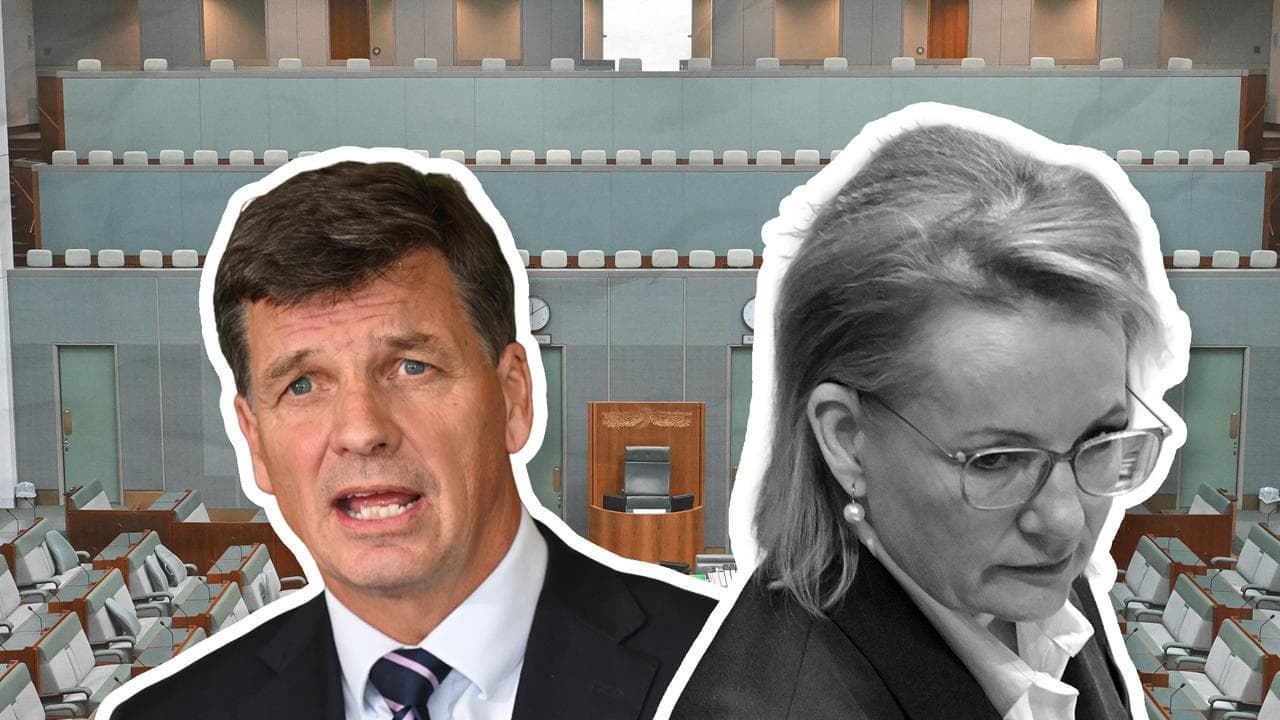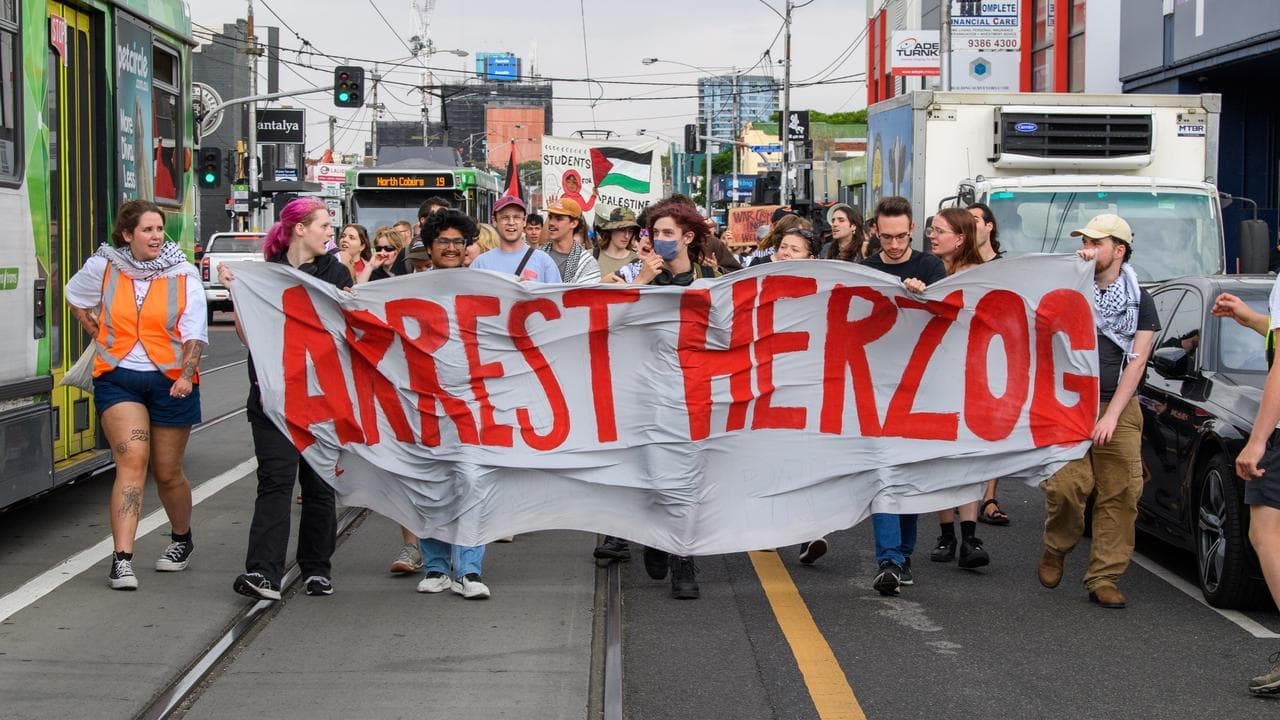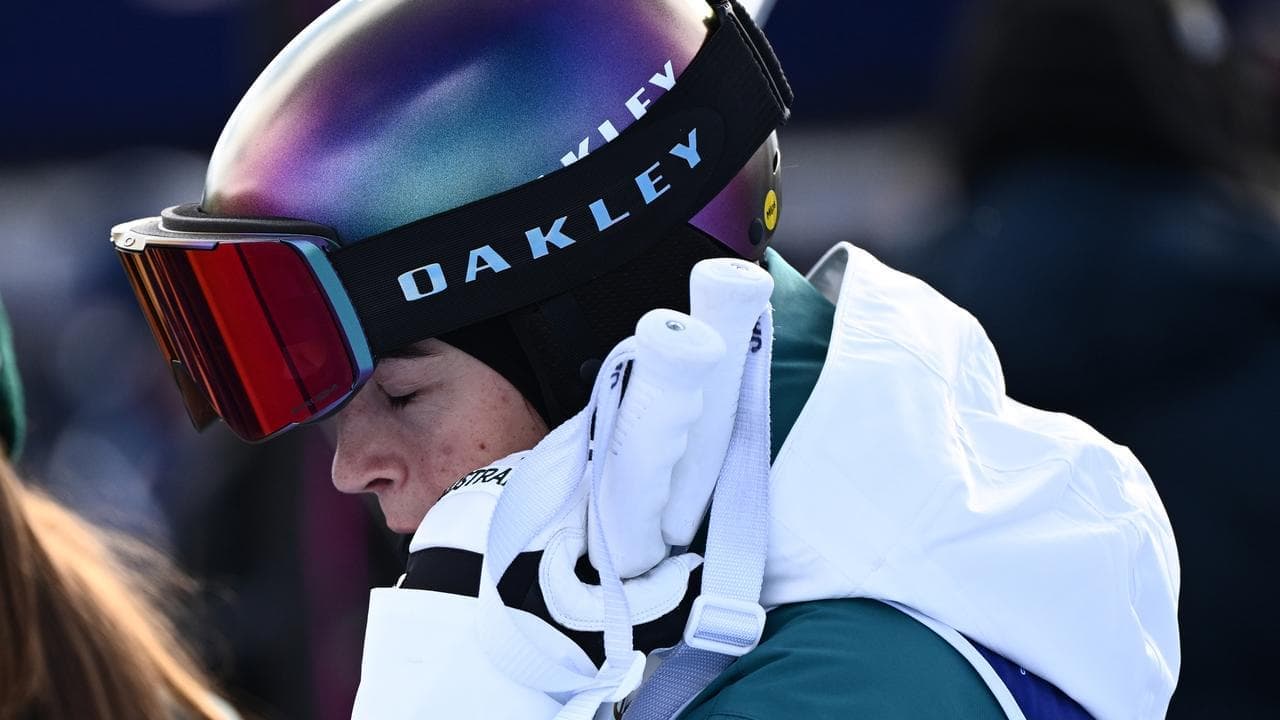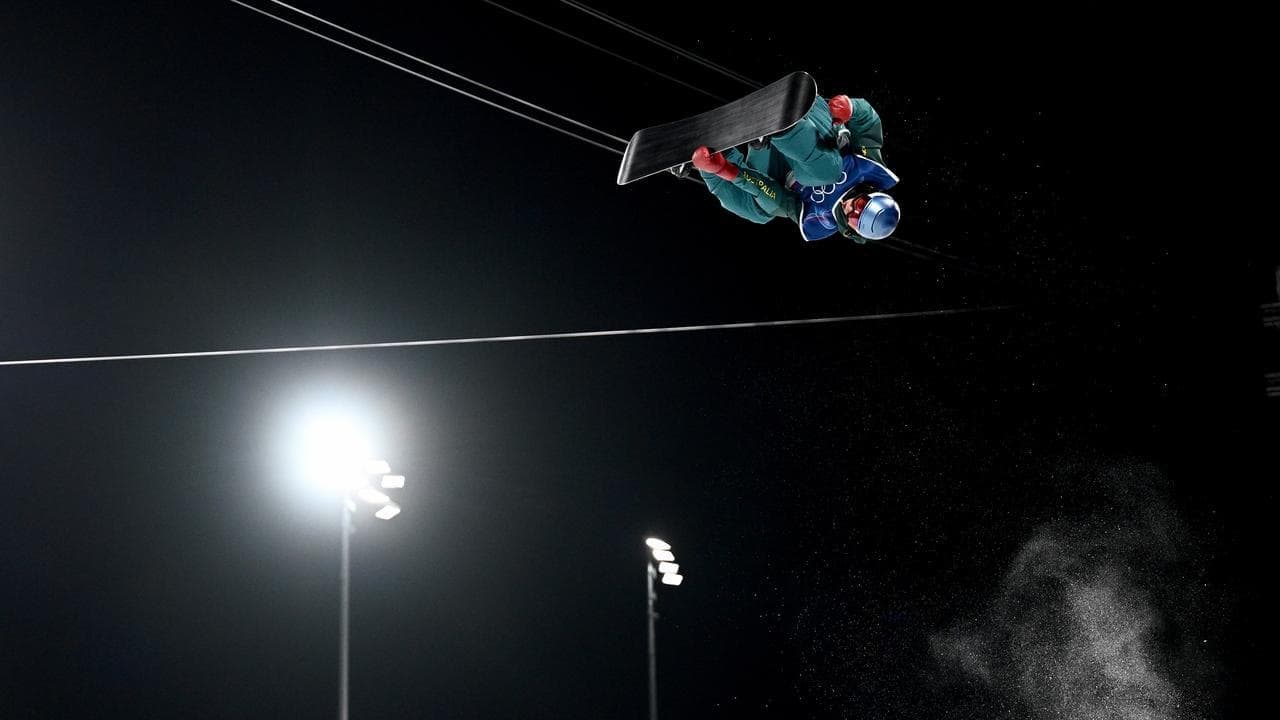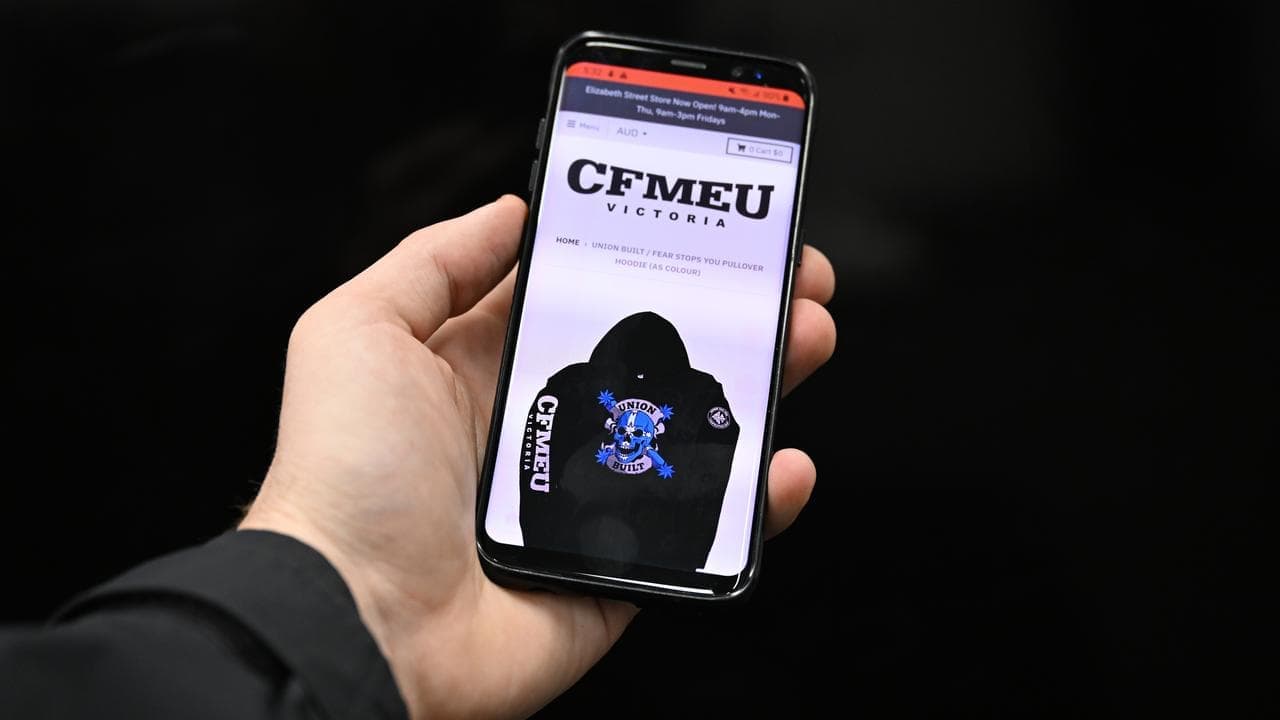WHAT WAS CLAIMED
Victoria's Indigenous treaty will cost taxpayers $2.34 billion each year.
OUR VERDICT
False. The treaty will cost state taxpayers about $70 million annually.
AAP FACTCHECK - A false claim that Australia's first formal treaty with Indigenous people will cost taxpayers billions of dollars each year is spreading on social media.
A bill introduced to Victoria's parliament reveals the state treaty will instead cost around $70 million a year.
The claim, among others, is made in an X post that has spread across social media.
"$380 million was spent negotiating a treaty," the post reads. "The Victorian Premier finalised the deal.
"Under this treaty, non-Indigenous people identifying as Indigenous will have parliamentary representation, a 'First Peoples' infrastructure fund, and control over school curricula. Children will be taught to hate themselves and their country.
"This fiasco will cost Victorian taxpayers 2.34 billion per year. Payments will be made to self identifying indigenous people, in form of "sorry payments"."

The Statewide Treaty Bill 2025 was tabled in Victoria's parliament on September 9, 2025, and sets out the blueprint for the country's first formal treaty with Indigenous people.
If approved, it will expand on the state's already established First Peoples' Assembly under a new authority called Gellung Warl.
Under the bill, the body will be given advisory and consultation powers (page 5), including the ability to request information about new laws (p69) and may report to parliament "about any matter it considers affects First Peoples" (p70).
The assembly encompasses elected members who will also be able to make representations directly to cabinet, ministers, departmental secretaries and the police chief commissioner (p80).
It will also address parliament once a year (p66) and the cabinet at least twice annually (p74).
Along with the First Peoples' Assembly, Gellung Warl will comprise two other organisations: Nginma Ngainga Wara and Nyerna Yoorrook Telkuna.

According to the bill, Nginma Ngainga Wara will be an accountability body responsible for monitoring the state government's actions and their impact on Indigenous people (p86).
Nyerna Yoorrook Telkuna, meanwhile, will facilitate "truth-telling about historical events", including any continuing impacts (p100). It will also be involved in "healing and reconciliation," according to the bill.
The post's first claim appears to reference a figure reported by the Herald Sun ($382m) about how much was spent negotiating the treaty. The newspaper said the figure related to funding dating back to 2016 and included spending towards the Treaty Authority, described as an "independent umpire" overseeing negotiations.
The state government told AAP FactCheck $326.7 million had been spent to support the treaty in state budgets since 2020-21.
A government spokesperson said they were unable to provide specific funding amounts before the 2020-21 budget.
However, claims the treaty will cost taxpayers $2.34 billion a year going forward are categorically incorrect, the state government and experts said.

The bill sets the maximum amount of funding each year for Gellung Wall (p117).
This states there will be $3 million in 2025/26 and $23.8 million in 2026/27 to set up the body. It will then receive $71 million in 2027/28 and $72.1 million in 2028/29 for its initial operation, rising by 2.5 per cent annually thereafter.
An additional $36.8 million has been allocated between 2026 and 2029 for Gellung Warl's capital expenditures.
Jeremie Bracka, a law academic at RMIT University who leads a project on the truth-telling Yoorrook Justice Commission, said the $2.34 billion figure being spread on social media was false.
"This figure does not appear anywhere in the bill or budget papers," Dr Bracka told AAP FactCheck.
He also said the bill makes no reference to direct reparations, compensation or "sorry payments" as is claimed in the social media post.

The Victorian government also confirmed there were no provisions for any such payments in the bill.
The post also claims "non-Indigenous people identifying as Indigenous will have parliamentary representation".
However, those voting for the elected assembly must be formally recognised as Indigenous, while the representatives themselves will not be members of parliament or have voting rights.
To vote in assembly elections, you must be either a Victorian "traditional owner" or an Aboriginal or Torres Strait Islander person who lives in Victoria (p237).
To be considered the latter, you must be recognised as such by the Aboriginal or Torres Strait Island community. The bill gives the assembly the power to set out how this recognition is achieved (p44).
A disputes process exists to challenge cases where someone is suspected of being wrongly approved (p134).

To stand for election, candidates must also be a Victorian traditional owner and provide evidence of that status (p220).
A traditional owner is an Indigenous person who holds cultural knowledge and responsibilities for an area, site, object, or ancestral remains, and who belongs to a family or clan group recognised under Aboriginal tradition as having those responsibilities, according to the Aboriginal Heritage Act 2006 (p19).
The assembly will appoint the members of Nginma Ngainga Wara and Nyerna Yoorrook Telkuna.
While the assembly will be able to make representations to parliament and ministers, parliament retains sovereignty, meaning that it keeps all of its existing powers.
Professor Lee Godden, an expert in Indigenous law at Melbourne University, said the bill will not provide Indigenous people representation in parliament.
Instead, there is a process that allows the First Peoples' Assembly to address parliament, or make representations to it.

"It is not the case that the Statewide Treaty Bill provides that Indigenous Peoples are to be elected representatives in the Victorian Parliament," she said.
The post also claims the treaty would give access to a "First Peoples' infrastructure fund". This is correct, however this fund is not new.
The existing Aboriginal Community Infrastructure Program would be renamed the First Peoples' Infrastructure Fund under Gellung Warl, the government told AAP FactCheck.
The fund, which is part of Gellung Warl's annual budget, is for Indigenous organisations to build, repair or refurbish facilities.
The post also falsely claims the treaty will hand over control of what is taught in schools.

Dr Bracka said the bill contains no provisions for transferring control of the curriculum to Indigenous groups.
Prof Godden agreed, pointing to sections 120 and 121 of the bill (p100-101) which sets out the truth-telling aspect of the treaty and Nyerna Yoorrook Telkuna's role.
This states it is to "provide ongoing education about the impacts of colonisation on First Peoples and about the diversity, strength and resilience of First Peoples".
The state government said new school resources would ultimately be subject to approval by the Minister for Education.
AAP FactCheck is an accredited member of the International Fact-Checking Network. To keep up with our latest fact checks, follow us on Facebook, Instagram, Threads, X, BlueSky, TikTok and YouTube.







